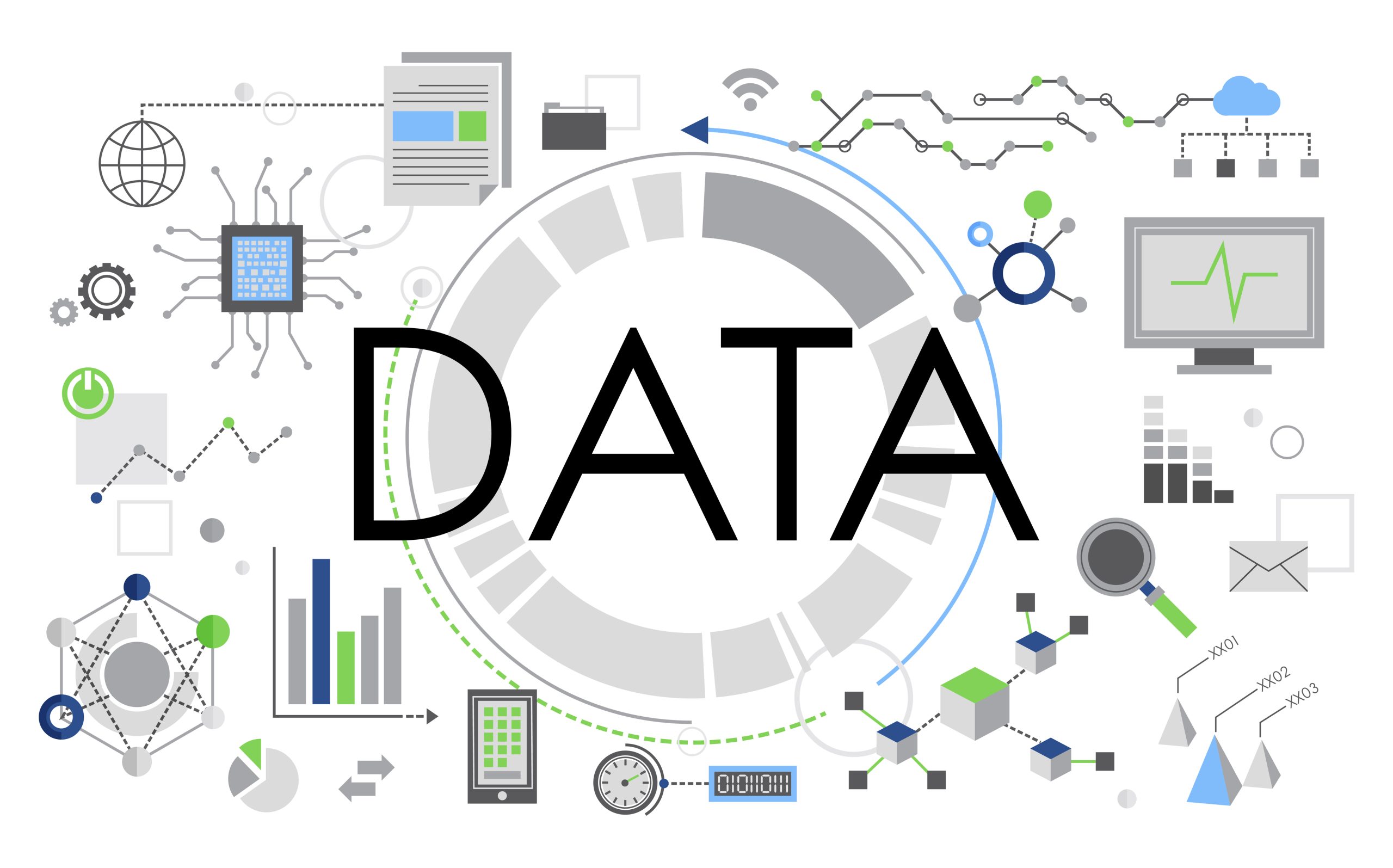Business data protection is essential for business continuity, long-term sustainability, a company’s reputation, innovation, competitiveness, financial stability, and overall success. Data backup, on the other hand, is a crucial component of data management and business continuity because it takes into account cost savings, data security, software updates and upgrades, access to historical data, protection against cyber theft, quick recovery from disasters, and data loss prevention in addition to compliance with regulatory requirements.
The backup and protection of your data are two essential requirements that have a favorable impact on the success of a firm, but managing backup software and hardware is complex and time consuming. This is where a solution provider comes in to save your business time and money. They have the knowledge and skills to implement the latest and most reliable solutions. However, picking a company to assist with these tasks might be difficult. This article will provide practical advice for selecting the ideal option for the backup and protection of your data.
How to Pick the Best Data Backup Solution Provider in 3 Easy Steps
Consideration must be given to selecting a capable and reliable solution provider for the backup and protection of your data such as BackupLABS. Here are three sensible actions that will guide you toward a well-informed choice.
Step 1: Assess your Requirements for the Backup and Protection of your Data
Examining your demands for the backup and protection of your data is the first step in picking the best data backup solution provider for your company. You must have access to some key metrics in order to carry this out. Data volume, data criticality, RTO (recovery time objectives), RPO (recovery point objectives), data growth rate, data retention requirements, compliance requirements, backup frequency, backup window, recovery speed, cost restraints, IT infrastructure, risk assessment, data accessibility, employee training, data classification, audit and monitoring needs, historical data analysis, BIA (business impact analysis), and scalability are some of the factors that come into play. You can go on to the next phase after carefully reviewing the aforementioned metrics and gaining an accurate picture.
Step 2: Research Data Backup Solution Providers
Start investigating data backup solution providers in your area and look over their features. Prioritize the features that are vital for the backup and protection of your data. Included in this are the services provided, location of the data center, security of the data, adherence to industry-specific standards and laws (such as HIPAA and GDPR), ownership of the data, uptime and reliability, scalability potential, data retention guidelines, accessibility of the data, backup testing and monitoring, exit strategy accessibility, data encryption, data center redundancy, data compression and deduplication, data versioning, and the ability to terminate the service. Additionally, you should have the utmost concern for the solution provider’s reputation, cost structure, and references.
Step 3: Matching Available Features with your needs
Finally, match the features and services offered by the solution provider with your evaluated needs. This procedure is necessary for the expansion of your business and the security of your data. Aligning your assessed needs with the capabilities of a data backup solution provider improves cost-effectiveness, efficient resource allocation, adequate data protection, customized solutions, scalability, operational efficiency, risk mitigation, compliance assurance, data recovery confidence, streamlined processes, ease of management, optimal performance, and adaptability to changing needs.
Concluding Thoughts on the Backup and Protection of Your Data
The three practical steps for selecting the best solution provider for the backup and protection of your data have been covered in this article. If you closely follow the details of this article, you can be sure to choose a backup solution provider that delivers solid data protection and flawless business continuity.



